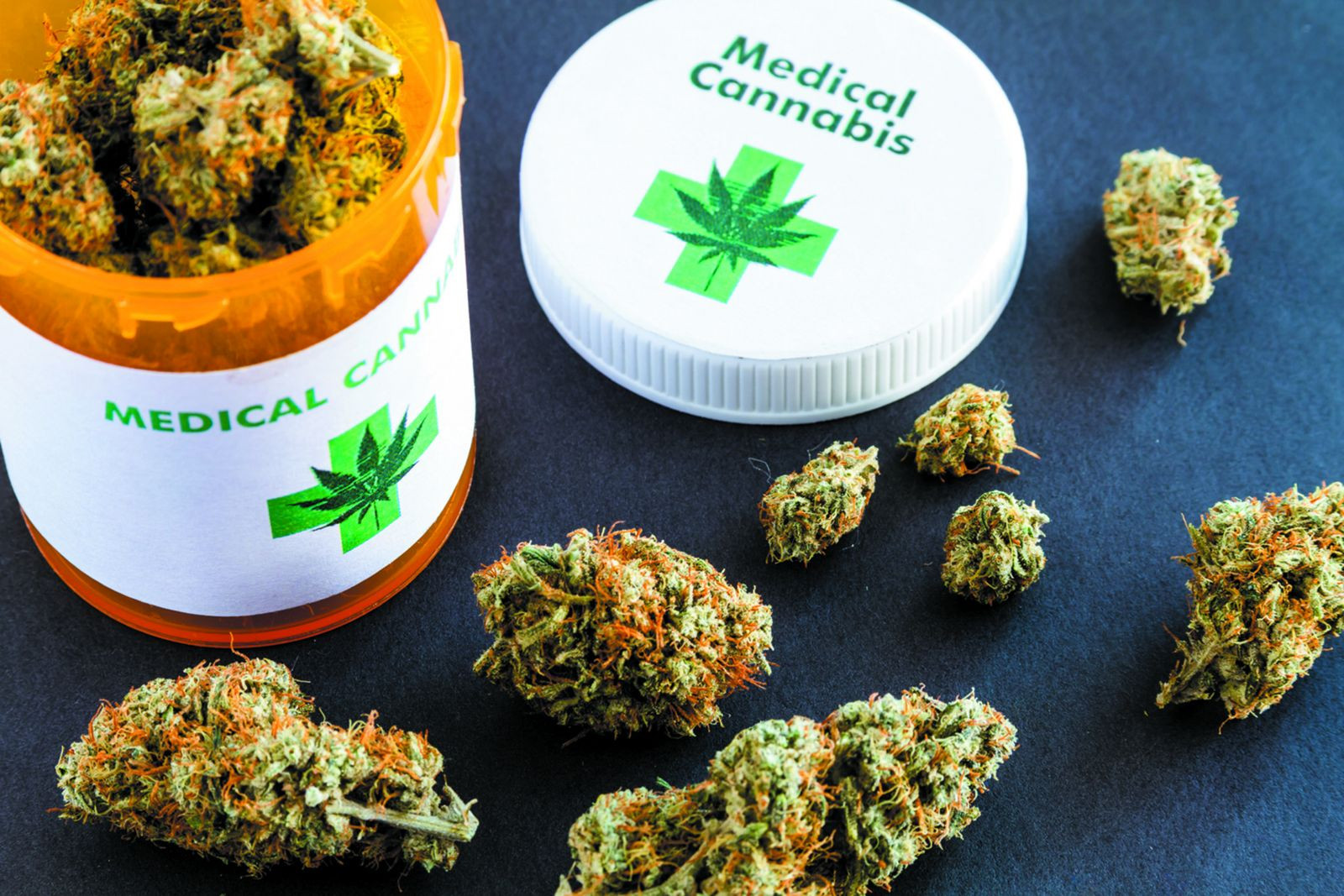It is no longer possible to argue that using weed is a fad among young people as even older age groups are now using it. Eleven states have legalized its use for recreational use, while thirty-three others allow its prescription for therapeutic purposes. CBD, the main non-psychotropic cannabinoid in weed, is federally legal when derived from industrial hemp, and you can, therefore, get the best CBD oil almost anywhere in the US. As cannabis edges its way more and more to mainstream American life, there is still a lot that is unknown on its side effects on the user. It is always tricky to research it because regular THC dominant weed is classified as a Schedule 1 drug at a federal level, but there are some things we know about marijuana and the heart.
Contents
Is smoking Marijuana the Same as Smoking Tobacco?
Cigarette smoking is a well-known predisposing factor for heart disease. Tobacco causes heart disease by enhancing the building up of plaque inside blood vessels. When the plaque builds up, it causes constriction of the vessels, making it necessary for the heart to pump harder to get the blood through. The plaque may also end up building up in the heart itself.
There has been a misconception that smoking weed doesn’t deposit much tar in the body in some quarters. Research suggests that it may end up accumulating more tar in the body than smoking tobacco. Here is why. When a person smokes tobacco, they tend to do it in short puffs, and they exhale the smoke faster due to the discomfort it causes to the lungs. Cannabis smoke doesn’t cause the same discomfort, and marijuana users, therefore, puff more deeply and hold in the smoke for longer. This means that more tar and other harmful substances may find their way into the cardiovascular system than when a person smokes tobacco.
Read more:CORONA VIRUS (COVID-19)- How the Pandemic Will End
When used heavily, marijuana can lead to arthritis, which is inflammation of the arteries. This inflammation negatively affects blood flow, ultimately putting a strain on the heart. Besides increased plaque, cannabis also causes the vessels to narrow by inducing vasospasms in them.
Endocannabinoid System
The reason why marijuana has such a widespread effect on the body is due to the endocannabinoid system whose network is all over the body. The ECS is also found in the heart cells, blood platelets. Therefore, when you take weed, it binds with the cannabinoid receptors in the heart and other related areas, altering how they function. The ECS’s presence on the platelets increases their tendency to aggregate, raising the possibility of thrombosis.
The effect of cannabis on the brain also impairs cerebral auto-regulation of the vessels, and it may end up causing the vessels to constrict in a manner that causes too much pressure on the heart. This constriction of blood vessels can lead to ischemic stroke when it affects blood vessels in the brain.
Another reason why marijuana can cause heart complications is that it causes the heart to beat faster than average. When the heart beats at an abnormal rate over a long time, it may cause the heart to develop problems. if you need to buy weed online
What Research Says
Research findings support the information above. A systematic review conducted in 2019 shows that the use of weed can increase the user’s susceptibility to heart disease. This study was an aggregation of 33 studies, out of which 28 found a close relationship between acute coronary syndrome and the use of marijuana. The review also found that weed increases the possibility of chronic heart disease.
Many people who smoke marijuana also smoke cigarettes, making it difficult to know whether the adverse effects are caused by marijuana or tobacco. One study went around this obstacle by examining healthy young men who used marijuana but didn’t smoke tobacco. The study found that their risk of heart disease increased by two and a half times if they smoked weed for ten days a month.
More Research is Needed
As earlier observed, marijuana is classified as a Schedule 1 restricted substance, which has made it difficult for research to be conducted. However, the available information is enough to be a strong warning to discourage anyone with heart disease from using marijuana.

